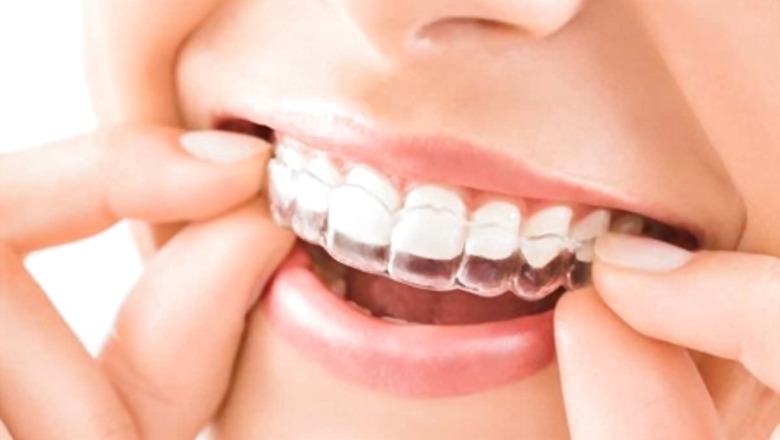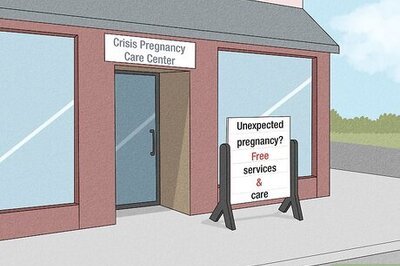
views
Cavities are the most commonly occurring dental problem. Cavities, medically called caries, occur when a cavity-causing bacteria such as Streptococcus mutans dissolves the surface of the tooth. Cavities can be problematic as, during the early stages, they can result in sensitivity to cold and hot food while later they could cause excruciating pain. Here are some simple tips to avoid cavities, given by Dr Sonia Bhatt, a Dental Surgeon associated with myUpchar.
1. Brushing is the key
Brushing is the most essential part of any oral hygiene routine as it helps in clearing the bacteria or food particles present on the surface of the teeth. You should brush your teeth twice a day with a soft or ultra-soft bristled toothbrush. Do not put pressure or force on your brush while brushing as it may abrade the surface of the teeth.
2. Don’t forget to floss
Not many use dental floss regularly but it is the best way of cleaning plaque and debris that collects in the space between teeth, dental fillings and braces. Flossing on a regular basis helps remove the food stuck between your teeth, reducing the chances of getting cavities between two teeth.
3. Use mouthwash as an adjunct
Mouthwashes can act as an adjunct to regular oral hygiene measures. They help reduce the bacterial load present in the mouth. There are two types of mouthwashes ? cosmetic mouthwashes, which treat bad breath, and therapeutic mouthwashes, which help in killing bacteria. Mouthwash should be used consecutively for 21 days and then discontinued for at least 2 weeks.
4. Reducing carbonated drinks
Reduce the consumption of carbonated drinks as they have high quantities of sugar in it and can create an outer coating on the tooth. This coating allows the bacteria to multiply rapidly on the surface of the teeth resulting in cavities.
5. Quit smoking
Quit smoking as it can reduce the flow of saliva in the mouth. In the absence of saliva, the cavity-causing bacteria can stick to the surface of the teeth for a longer period of time, resulting in cavities.
6. Application of fluorides and varnish
Your dentist may suggest fluoride application on your child’s teeth as the lack of fluoride can result in the mottling of the enamel, which is the outer layer of the teeth. Once applied, this transparent material covers the enamel and protects it from bacteria. Adults can get a layer of varnish applied to their teeth. These varnishes can be of different types; antimicrobial, fluoridated or desensitizing.
7. The right type of toothpaste
Brush your teeth with a fluoridated toothpaste as it will protect your teeth from getting cavities. Avoid toothpaste that contains harsh abrasives as it can slowly grind the enamel, exposing the pulp (part of the tooth that carries nerves).
8. Regular dental visits
You must visit your dentist at least twice a year as they would be able to diagnose a cavity long before it gets bad enough to cause sensitivity and pain.
For more information, read our article on Cavities (Dental Caries).
Health articles on News18 are written by myUpchar.com, India’s first and biggest resource for verified medical information. At myUpchar, researchers and journalists work with doctors to bring you information on all things health.
Read all the Latest News, Breaking News and Coronavirus News here













Comments
0 comment